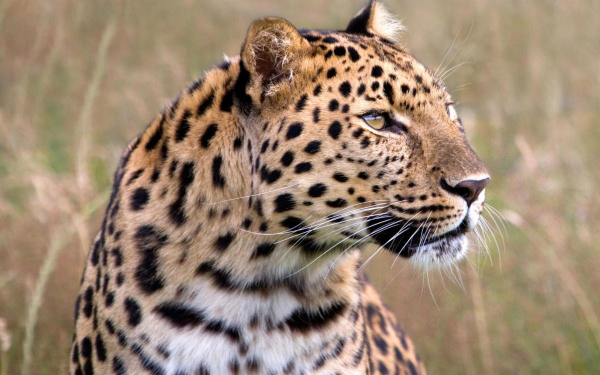
|
Safari Club International Foundation's mission is to ensure the future of wildlife through conservation, education and hunting. The Safari Club International Foundation (SCIF) has been a leading force in science-based and research-driven solutions to priority wildlife management issues for the last two decades.
SCI Foundation's programs study wildlife populations, the sustainable use of wildlife resources and funds conservation activities worldwide. SCIF employs wildlife biologists and partners with the world's leading academics, for example, at the Center for Global Wildlife Conservation at the State University of New York's College of Environmental Science and Forestry, the Caesar Kleberg Wildlife Research Institute at the Texas A&M University at Kingsville, and other top wildlife universities.
With these partnerships, SCI Foundation helps bring the latest applied techniques to wildlife management issues on the ground. They also demonstrate the constructive role hunting plays in biodiversity conservation worldwide.
Of course, innovative research requires resources, and SCI Foundation provides funding and directs implementation for such projects. SCI Foundation grants and scholarships help fund these projects in the United States, Canada and overseas. Donations by SCIF supporters have ensured the best science available in wildlife policy and management.
SCIF education programs, in addition, provide hands-on opportunities for both youth and adults to experience the outdoors and spread the knowledge of sustainable use conservation through wildlife management and the critical role that hunters play. SCIF's American Wilderness Leadership School and the International Wildlife Museum offer numerous other programs. SCIF also partners with the Salvation Army outdoors program, the Boy Scouts and other organizations.
Humanitarian service programs are another primary initiative of SCIF. The core mission of these programs is to deliver activities and services to those in need. The programs cover a broad perspective and cross the globe in outreach, including the SafariCare Bell Family Blue Bag program, Sportsmen Against Hunger, Pathfinder Program, Veterans, Sensory Safari and local Chapter-led initiatives.
Internationally, SCIF is a member of the International Union for the Conservation of Nature and an active observer in multilateral environment agreements focused on biodiversity conservation, wildlife trade and community livelihoods.
SCI and SCIF, for example, have engaged with CITES, the Convention on International Trade in Endangered Species of Fauna and Flora, since the Convention began in the 1970s, advocating for sustainable wildlife trade on behalf of the international hunting industry. Both organizations continued this long-term advocacy at the 74th Standing Committee (SC74) meeting in Lyon, France, March 7 – 11, 2022.
Through the work of SCI and SCIF experts over the years and engagement from our current CITES delegation, hunting trophies are recognized as a form of sustainable trade. They are well regulated at the international level. However, there remain many issues to monitor, particularly at CITES. It is critical that SCI and SCIF continually engage with other sustainable use organizations and range states with robust hunting programs.
